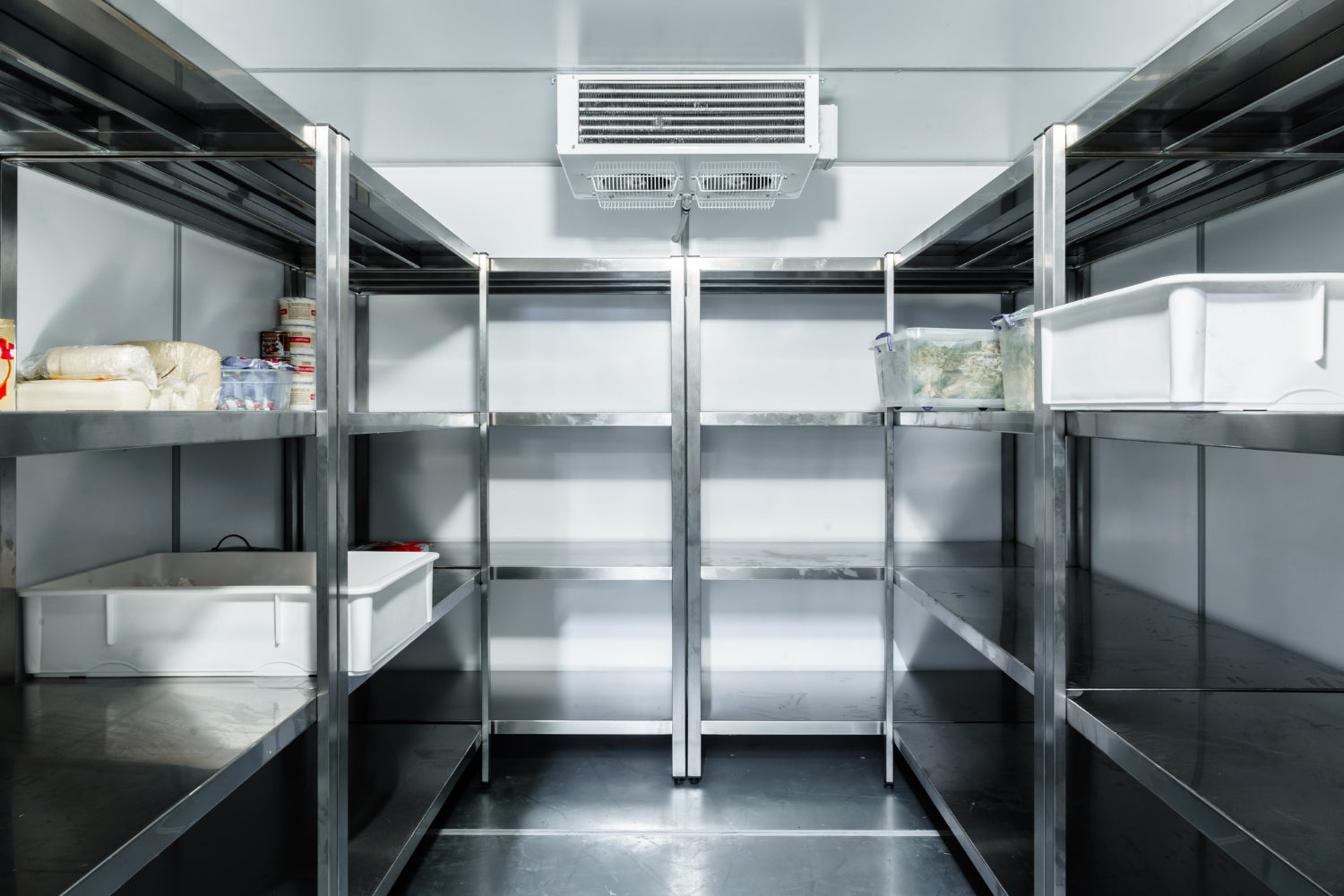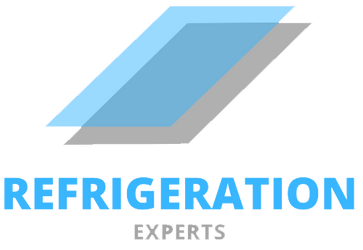
Fix Commercial Fridge Issues Easily
Understanding the workings of commercial refrigeration systems and how to troubleshoot common issues is essential for maintaining the efficiency and longevity of our equipment. As suppliers of commercial refrigeration, we often see that the early signs of refrigeration issues are overlooked until they evolve into major problems. Taking proactive steps in identifying and addressing these signs can save time, reduce costs, and prevent operational disruptions.
One of the first steps in effective troubleshooting is recognising the symptoms of refrigeration failures. Whether it's fluctuating temperatures, unusual noises, or frost build-up, these are tell-tale signs that something isn't functioning as it should. By becoming familiar with the common indicators of refrigeration issues, small business owners and facility managers can act swiftly to diagnose problems.
Once these signs are noticed, taking the correct troubleshooting steps is crucial. Simple checks and fixes can often resolve minor issues, preventing the need for professional intervention and extensive repairs. Our guide will help equip you with the basic knowledge necessary to understand what can be done on your own and when it's time to call in the experts. This process not only ensures your refrigeration unit operates at its best but also extends its usable life, keeping your products safe and your business running efficiently.
Identifying Common Signs of Refrigeration Issues
Recognising the early signs of refrigeration issues is critical in preventing significant breakdowns that could impact your business operations. We often notice that some common signs are consistently overlooked. One primary indicator is the inability of the fridge to maintain the set temperature, which could mean the evaporator or condenser coils are failing or that the thermostat is out of calibration. Another red flag is increased energy bills, which could suggest the refrigerator is working harder than normal to maintain its coolness due to a variety of issues, including dirty condenser coils or a failing door seal.
Additionally, listen for unusual noises such as clicking, buzzing, or humming coming from your refrigerator. These sounds may indicate compressor or motor issues. Other physical signs to watch out for include excessive frost build-up or condensation, which are often symptoms of faulty door seals or gaskets, improper ventilation, or issues with the defrost system. Paying attention to these signs can help us catch minor problems before they turn into major ones.
Step-by-Step Troubleshooting Guide for Commercial Refrigerators
When troubleshooting commercial refrigeration issues, a systematic approach helps us accurately diagnose and resolve problems. Here’s a simple step-by-step guide we can use:
1. Check the Power Supply: Ensure the refrigerator is properly plugged in and that the power supply is consistent and adequate. Sometimes, issues as simple as tripped circuit breakers or blown fuses could be at fault.
2. Inspect the Thermostat: Verify that the thermostat is set correctly. If the refrigerator is too warm, try lowering the thermostat setting. If there’s no change, the thermostat might need replacing.
3. Examine the Coils and Fans: Dirty coils can impede airflow and cooling efficiency—make sure these are clean and unobstructed. Also, check if the fans are running correctly as faulty fans can lead to cooling problems.
4. Look at the Door Seals: Check the door seals for any cracks or tears that could be causing air leaks. A good seal is essential for maintaining proper inside temperature and efficiency.
5. Evaluate the Drainage System: Ensure that the drainage system isn’t clogged as it can cause water to back up, leading to leaks and other moisture-related issues.
By following these guidelines, we can address common problems ourselves or better prepare for a discussion with a repair professional about more complex issues. Each step is designed to be straightforward to ensure we can quickly troubleshoot and get our refrigeration systems back to optimal working conditions.
When to Call a Professional: Recognising Advanced Refrigeration Problems
Sometimes, despite our best efforts to troubleshoot, certain refrigeration issues require the expertise of a professional. It’s crucial for us to recognise when a problem is beyond a simple fix. If you’ve gone through the basic troubleshooting steps and the issue persists, this might indicate a more severe problem. Here are some instances where calling a professional is advisable: if there’s an excessive build-up of ice in the freezer compartment that doesn’t resolve with manual defrosting, or if the compressor runs continuously without cycling off, which could suggest a serious issue with the cooling system.
Moreover, any signs of refrigerant leaks, characterised by a hissing noise or the presence of oily residue around refrigeration lines, require immediate professional attention. Handling refrigerants improperly can be dangerous, and legal regulations often require that such tasks be performed by certified professionals. In cases where the system's temperature fluctuation affects product integrity or energy bills are inexplicably high, professional diagnosis and intervention can prevent further damage and loss.
Preventative Measures to Avoid Future Refrigeration Issues
To keep refrigeration issues at bay and guarantee the longevity and efficiency of our systems, preventive maintenance is key. We should adopt a routine schedule that includes periodic checks and servicing. Ensuring regular cleaning of components like coils and fans can dramatically reduce the likelihood of malfunctions. It’s also beneficial to regularly inspect and replace worn-out parts like seals and filters before they fail.
Keeping an eye on the system’s performance and being aware of the initial signs of trouble can help us intervene early and potentially avoid larger, more costly repairs. Moreover, training staff on the basics of refrigeration operation and having a checklist for daily, weekly, and monthly maintenance tasks can help ensure consistent care and attention, reducing the downtime and operational losses associated with unexpected breakdowns.
Conclusion
Understanding the common issues that can affect commercial refrigerators and knowing how to address them is essential for maintaining our operations smoothly and efficiently. By staying vigilant and following a structured approach to troubleshooting, we can handle many minor issues ourselves. However, recognising when to involve a professional is just as important to avoid exacerbating problems. Consistent preventative measures further ensure that our equipment remains in top condition, preventing disruptions and extending its lifespan.
At Refrigeration Experts, a refrigeration company, we are dedicated to providing businesses with reliable, high-quality refrigeration solutions. Whether you need professional advice on maintaining your refrigeration unit or require urgent repairs, our experienced team is here to help. Reach out to us today to ensure your refrigeration systems are always running at their best.
